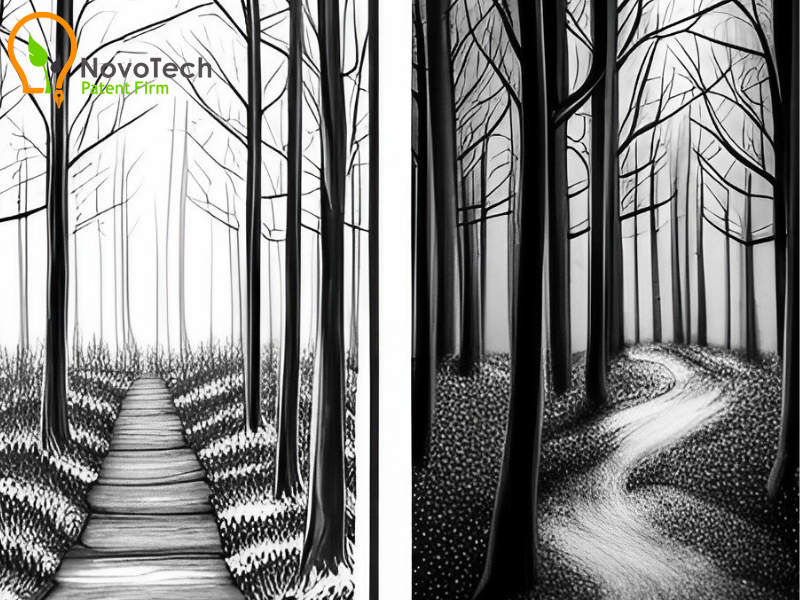
What Happens If You Don’t Patent Your Idea?
In the world of innovation and invention, the question of whether to patent an idea is a crucial one. At the core of this decision is the need to protect your intellectual property and ensure that your hard work and creativity are safeguarded. But what exactly happens if you decide not to patent your idea? Let’s dive into the consequences and considerations surrounding this significant choice.
The Risk of Losing Legal Ownership
Without a patent, you essentially waive any legal claim to your invention. This means that anyone can use, produce, or sell your invention without your consent, and you would have no legal recourse to claim ownership or profits derived from it. A patent grants you exclusive rights to your invention, preventing others from making, using, selling, or importing it without your permission.
Vulnerability to Idea Theft
Failing to patent your invention exposes you to a major risk: the possibility of someone else stealing your idea. If another individual discovers your invention, they could potentially claim it as their own and secure a patent for it. While such an action would be illegal as it requires them to provide false declarations to the United States Patent and Trademark Office (“USPTO”) about being the original inventor, detecting this deceit may not be straightforward. If this scenario unfolds, you would be faced with the daunting task of establishing yourself as the true inventor, a process that could lead to a complex and expensive legal dispute.
The Dilemma of Public Disclosure
Publicly disclosing your idea without patent protection immediately puts your rights at risk. In the United States, public disclosure of an invention starts a clock ticking. You have a one-year grace period to file a patent; otherwise, you lose the opportunity to do so. Most other countries don’t even give you this grace period. This means that if you share your idea too freely without securing a patent first, you might inadvertently forfeit your rights to patent it altogether.
When Not to Patent
Interestingly, there are scenarios where opting out of a patent might be strategic. For instance, the process of obtaining a patent is public, meaning your invention details become accessible once the patent is granted. Some inventors choose to keep their innovations as trade secrets, especially if they believe they can maintain secrecy and that the invention will not be easily reverse-engineered. However, this approach also means you’re relying on confidentiality, which carries its own set of risks.
Conclusion
Deciding not to patent an idea is a decision that should not be taken lightly. While patents provide a robust legal framework to protect inventions, they are not the only strategy available to inventors. Depending on the nature of the invention, the market, and the inventor’s resources, keeping an invention as a trade secret or opting for other forms of intellectual property protection might be more suitable. Regardless, it’s crucial to carefully weigh the risks and benefits of each approach to ensure that your innovation is adequately protected.
In the rapidly evolving landscape of innovation, understanding your options and the implications of those choices is more important than ever. Whether you decide to patent your idea or take a different route, the key is to make an informed decision that aligns with your long-term goals and the unique aspects of your invention.
Subscribe to our Newsletter to stay updated on the latest patent news. Looking forward to connecting with you!